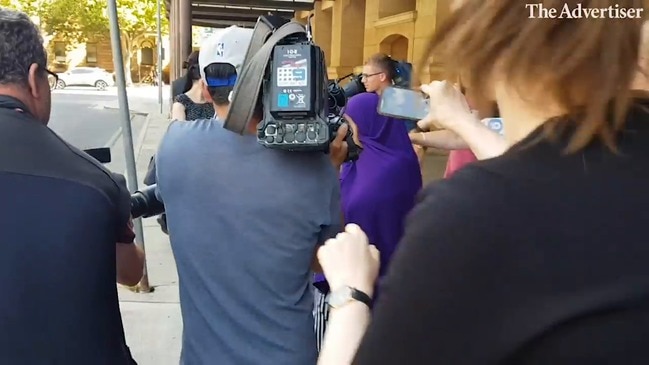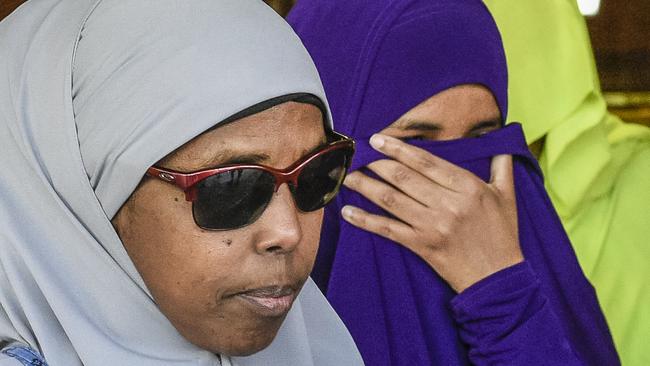Domestic and foreign terrorism: How can two teens be treated so differently by authorities?
It’s a tale of two teens which shows that since the Twin Towers fell, we’ve focused so much on foreign terrorism that we’re slow to recognise its domestic counterpart, writes Chief Court Reporter Sean Fewster.

Opinion
Don't miss out on the headlines from Opinion. Followed categories will be added to My News.
- Acquitted: Former IS membership suspect freed after 891 days
- Acquitted terror suspect denied deradicalisation treatment
- Judge: Teens who threatened to ‘shoot up’ school ‘in custody long enough’
Picture two teenagers in their bedrooms, separated by hundreds of kilometres but not far apart in their aberrant thinking.
They spend their time in remarkably similar ways – listening to dark, threatening music that would put fear in the hearts of the community.
They interact online with people of low morals and high propensities for violence and frequent websites filled with disturbing imagery and ideas.
One fills diaries, the other chat logs, with personal vows that bring to mind the loss of innocent lives.
Given those similarities, why were these teenagers treated so differently by the authorities?
The first teen saw allegations he intended to trap, bomb, stab and shoot his Riverland high school classmates and teachers downgraded from massacre plot to mere “emo fantasies”.
He was released, with a judge ruling he had been in custody “long enough”, to undergo drug and alcohol counselling so as to better integrate with society.

The other was Zainab Abdirahman-Khalif, now acquitted of being a member of Islamic State.
Unlike her peer, she made no threat toward any specific, named targets – yet she was denied parole and access to rehabilitation.
Both teens’ actions were abhorrent and an affront to our society, running completely in contrary to our shared ideals, values and hopes for young people.
So why were their fates so different?
It can’t be that one is a white male while the other is a Somali woman and practising Muslim, because our legal system does not consider such matters to be relevant considerations.
The issue lies within our laws – in the 18 years since the Twin Towers fell, we’ve focused so much on foreign terrorism that we’re slow to recognise its domestic counterpart.
The Riverland teen was allowed to go home, “straighten up and fly right”.
If not for her family’s intervention, Ms Abdirahman-Khalif may never have received the help she needed.
If we surrender to fear by deeming one form of terrorism somehow worse than another, we breed bias within our laws.
And if we fail to help one misguided child change their ways – or actively block them – while lending a hand to another, our concept of rehabilitation is sorely unbalanced.

